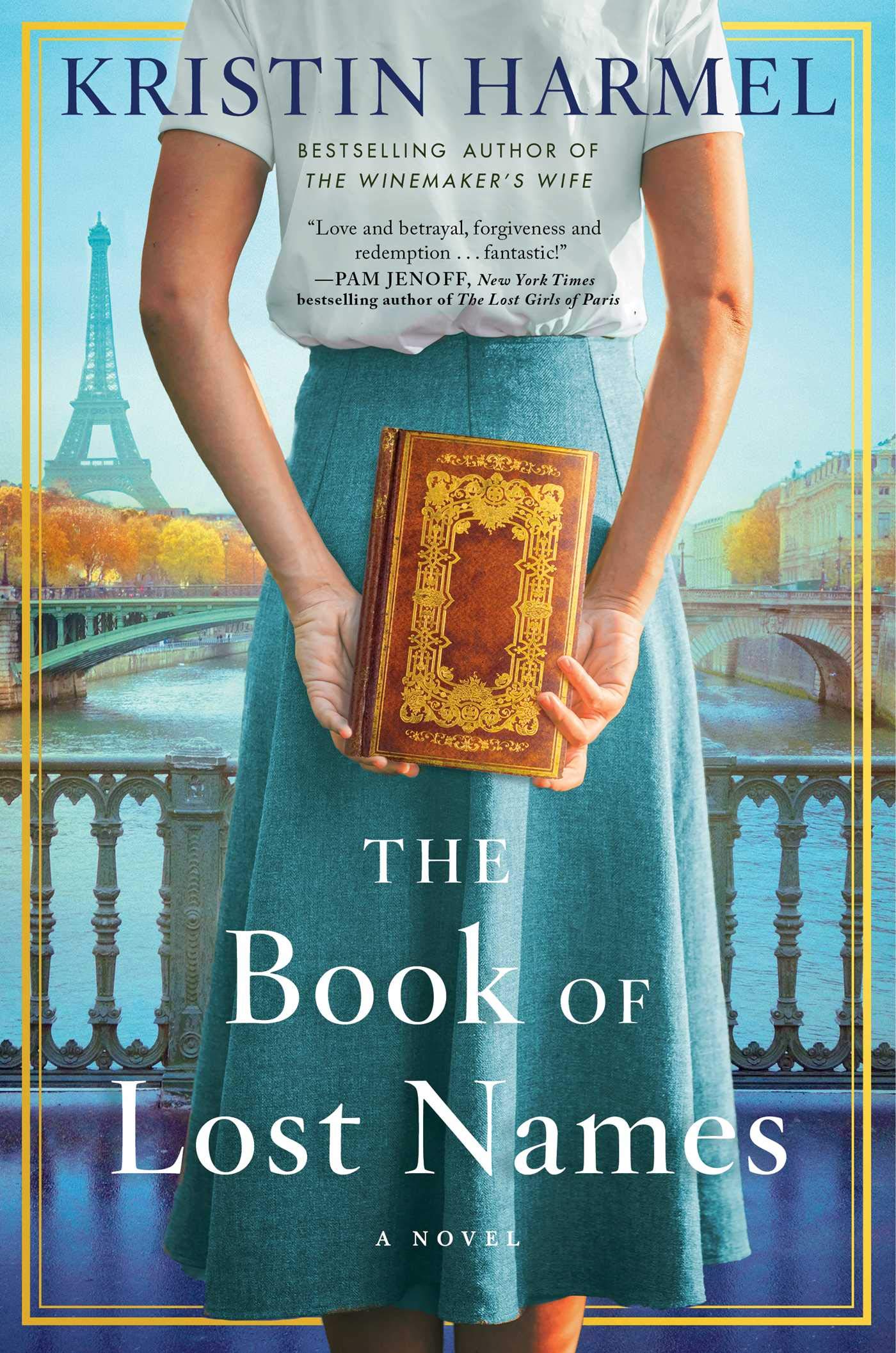
Author: Kristin Harmel
Genre: Historical Fiction / WWII Fiction / Literary Mystery
Ideal For: Fans of The Book Thief, The Nightingale, and anyone who believes in the quiet power of books
Some novels don’t just tell a story: they restore forgotten pieces of history through fiction that feels incredibly real. The Book of Lost Names is precisely one of those novels. Kristin Harmel’s heartfelt World War II tale weaves resistance, identity, and the written word into a narrative that’s both emotionally gripping and deeply respectful.
If you’re drawn to historical fiction with strong heroines, moral complexity, and a quiet reverence for books as vessels of memory, this one deserves a top spot on your TBR.
Why I Picked It Up
I’d heard that The Book of Lost Names was about a woman forging identity documents for children during the Holocaust. That alone had me intrigued. But when I found out the story centered around a secret code hidden in an old library book, I knew this wasn’t just another WWII novel. It promised both emotion and mystery, and it completely delivered on both.
Plot Summary (Spoiler-Free)
Inspired by true accounts of document forgers who helped Jewish children escape the Nazis, the novel follows Eva Traube, a quiet and brilliant young woman forced to flee Paris with her mother after her father is arrested. When they reach the Free Zone, Eva finds herself drawn into the French Resistance and into a covert operation to forge papers that will help countless Jewish children flee to safety.
But Eva can’t bear the idea that these children might forget who they are. So, with the help of a fellow forger, Rémy, she devises a code, a secret way to preserve their real names in a book only they can decipher. Decades later, a news article about a recovered WWII artifact reawakens Eva’s past, and she must confront the choices she made, the love she lost, and the legacy she left behind.
Why It Works So Well
1. Eva Is a Heroine You’ll Remember
Eva is not your typical war hero. She’s bookish, cautious, and deeply human. Her quiet bravery—choosing to resist through knowledge, through ink and paper—makes her story feel even more powerful. Watching her evolve from fearful daughter to fierce protector is one of the novel’s greatest rewards.
Her moral struggle is authentic, and her emotional growth is written with care and nuance. She doesn’t always know the right choice. But she always tries.
2. A Book That Honours Books
If you love stories about libraries, language, and codes, The Book of Lost Names is an absolute treat. The eponymous book isn’t just a plot device. It’s a beautiful symbol of memory, identity, and the belief that even in the darkest times, stories matter.
Harmel’s reverence for the written word is woven into every chapter. This is a book for readers who believe books can save lives—literally and metaphorically.
3. Gripping, But Never Sensationalised
Kristin Harmel walks a delicate line with grace. The novel doesn’t shy away from the horrors of war and antisemitism, but it’s never exploitative. The trauma is real, but so is the hope.
It’s a page-turner, but not because of violence or twists—it’s because the characters are so well-drawn, and you care deeply about what happens to them.
You’ll Love This Book If You Enjoy…
- The Nightingale by Kristin Hannah – for courageous women in wartime France
- The Book Thief by Markus Zusak – for the power of books amid destruction
- Sarah’s Key by Tatiana de Rosnay – for emotional WWII dual timelines
- The Paris Library by Janet Skeslien Charles – for hidden stories and literary heroes
Final Thoughts: A Moving Tribute to Memory and Bravery
The Book of Lost Names is historical fiction at its best: emotionally resonant, meticulously researched, and written with heart. It’s about what we choose to remember—and how we preserve the truth even when the world wants to erase it.
Kristin Harmel doesn’t just give us a story of resistance. Instead, she gives us a story of legacy, of how even the smallest acts of rebellion, of love, and of preservation can ripple across time.
If you believe in the power of names, the importance of remembering, and the quiet courage of people who rewrite history from the shadows—this is the book for you.


